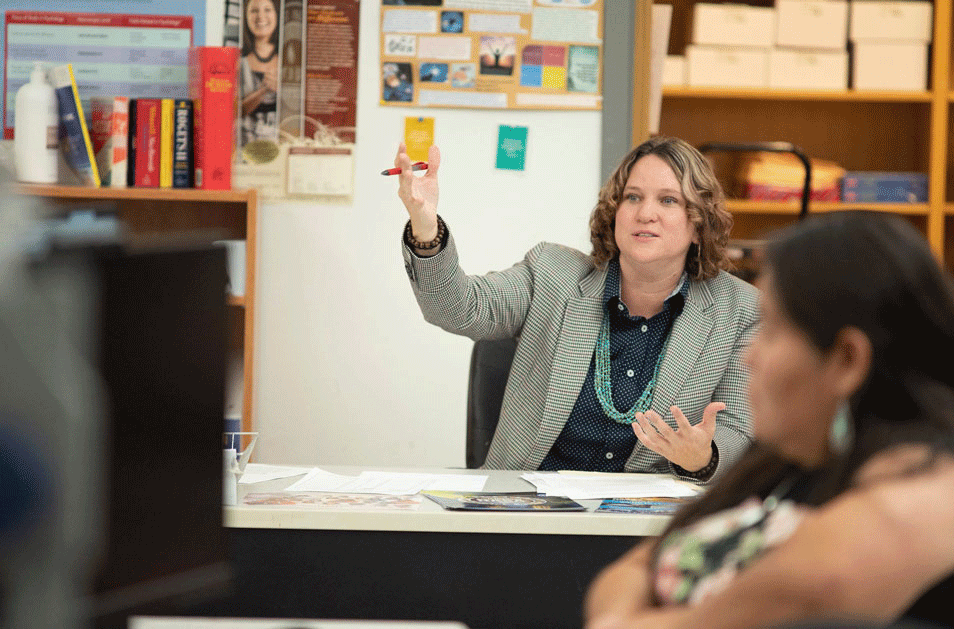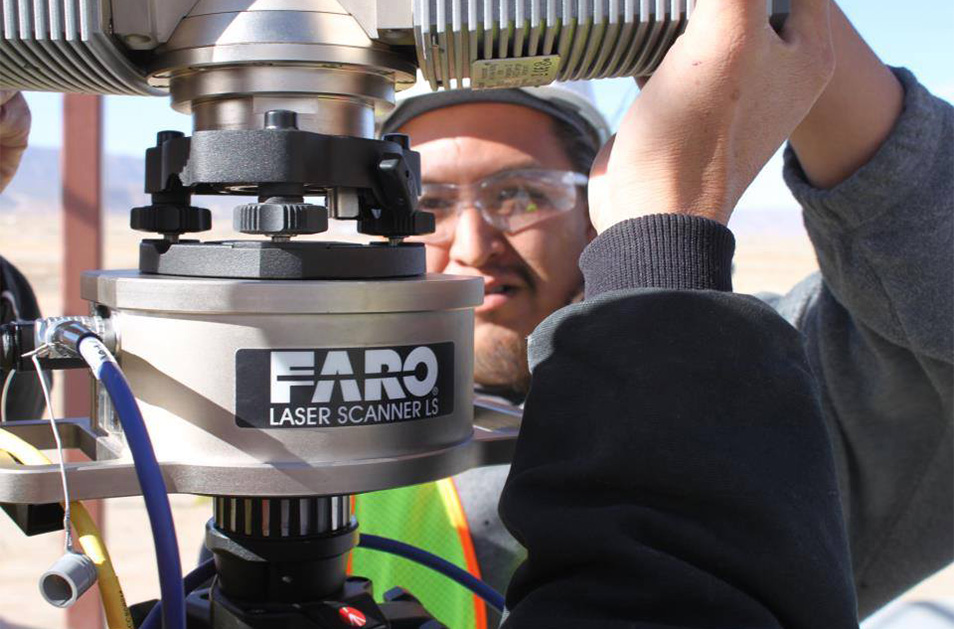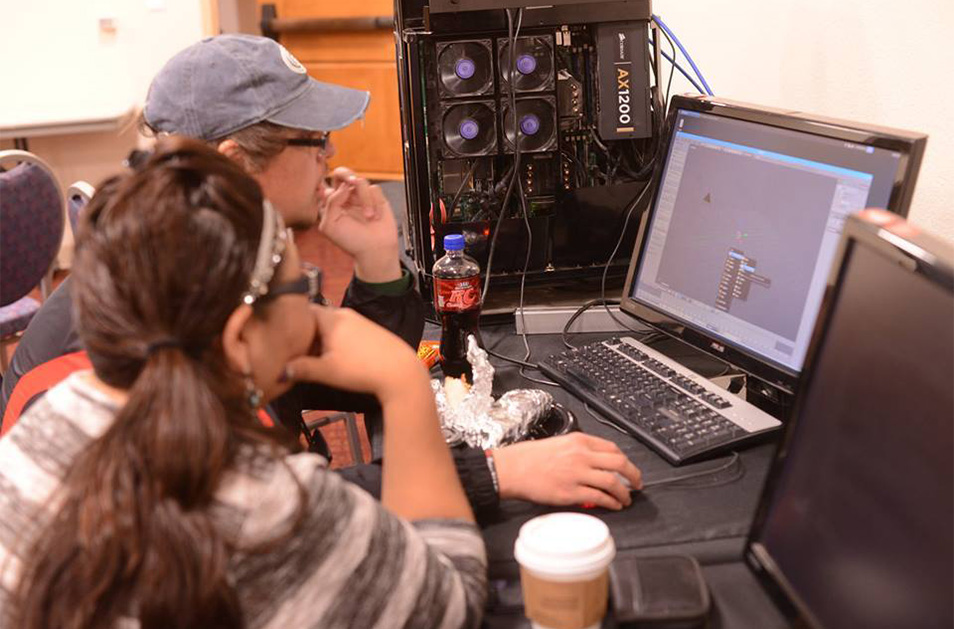Bachelor of Applied Science
An undergraduate degree that focuses studies on an applied science with hands-on projects or fieldwork. A B.A.S. degree is designed for students that work immediately after graduation; they are more focused on vocational subjects. Students pursuing a B.A.S. degree normally build on an Associate of Applied Science degree.
Any student seeking a Baccalaureate degree must complete a minimum of 36 credit hours of general education and 43 credit hours of core courses. Students in the baccalaureate degree programs are required to complete a minimum of 30 credit hours in the upper division courses, i.e., 300 and 400 level courses before they can graduate.
Federal regulations require institutions participating in student financial assistance programs authorized under Title IV of the Higher Education Act of 1965 to report certain information about students who enrolled in Title IV eligible education programs.
The mission of the Hotel and Restaurant Administration program is to prepare students to become effective and efficient entrepreneurs, managers and executives in culinary, gaming, tourism and hospitality industries. To established the regional need for a degree that will allow current students to go beyond their current programs in fields like Culinary Arts and Baking in order to increase their employability in the growing hospitality market in the Navajo Nation and near the Nation’s borders. A large number of careers that graduates from the Hospitality and Restaurant Administration BAS will prepare students for various positions related to: Restaurant Management, Lodging Management, Management of Tourist Attractions, work in the national and state parks and monuments that are common in and around the Navajo Nation, casino management, restaurant management, and catering management. There are also operations positions in all of these areas that NTU graduates from the Hospitality and Restaurant Administration will be qualified to fill.
The Advanced Manufacturing Technology will provide students with a strong background in traditional methods while emphasizing new and emerging manufacturing methods. Students will acquire the specialized skills needed to digitize and computer model manufacturing processes including integrated simulations of multiple processes representing an entire plant. Foundational course work in materials and material processing will also be stressed.
The New Media in the Bachelor of Applied Science in Information Technology prepares students to be effective in video/audio production and postproduction environments that also includes a unique blend of information technology skill sets. Students will be introduced to the latest in film-making, web, and other media presentation technologies and methodologies as well as the technologies of information technology necessary to understand, build, and maintain the infrastructure that supports the development and dissemination of new media.
This program is structured to prepare students for immediate and continuing employment in two different areas: Careers in programming and computer or network operations and digital moviemaking, digital sound, and graphics. The Bachelor of Applied Science in Information Technology has a unique blend of computer programming and information technology skills.





